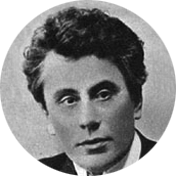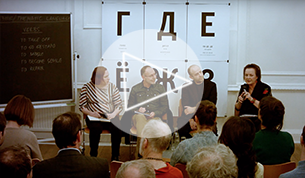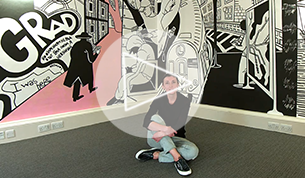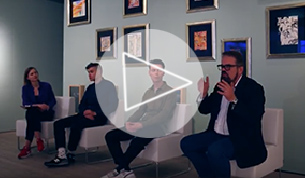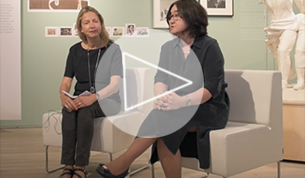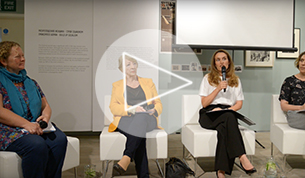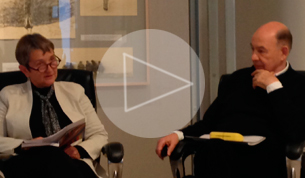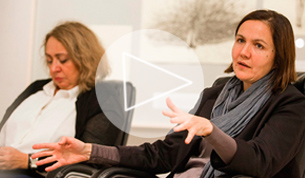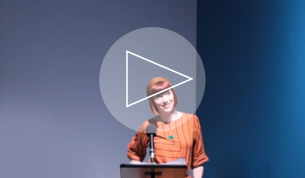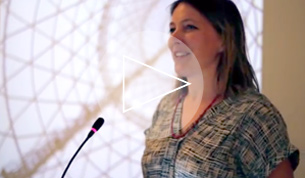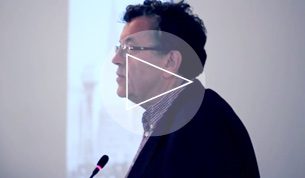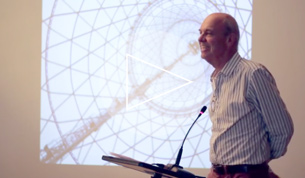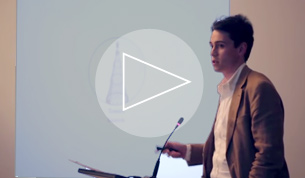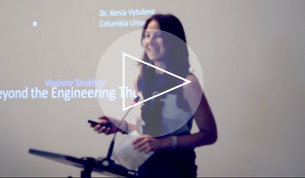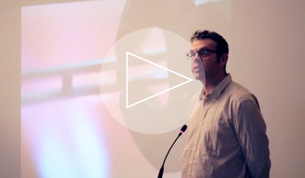Watch
Mother Tongue
Apparition of the Last Soviet Artist in London
ShadowMemory x Art Night Open
Postponed Futures
Superwoman: ‘Work, Build and Don’t Whine'
Unexpected Eisenstein
-
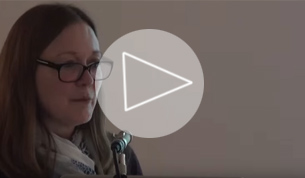 Rachel Morley:
Rachel Morley:
Russian Cinema before 1917 -
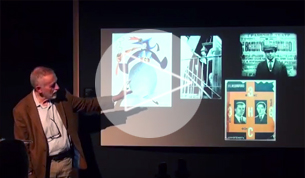 Ian Christie:
Ian Christie:
Besides Eisenstein: Protazanov, Barnet and the new Soviet cinema of the 1920s -
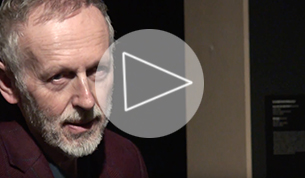 Ian Christie:
Ian Christie:
Maxim and co: creating the new heroes and heroines of the 1930s -
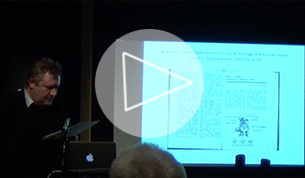 Phil Cavendish:
Phil Cavendish:
Soviet Colour Film, 1929-1945: An Experiment Understood by Very Few -
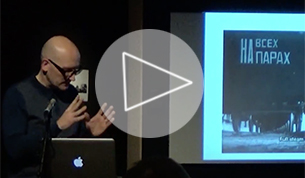 Jeremy Hicks:
Jeremy Hicks:
Meaningful Martyrdom — Death, Revolution and Victory from Lenin to the Reichstag, 1924–45 -
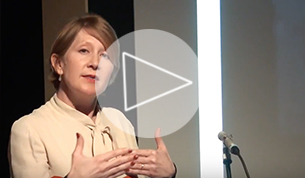 Emma Widdis:
Emma Widdis:
Film and the Making of the New Soviet Person: Bodies, Minds and Feelings -
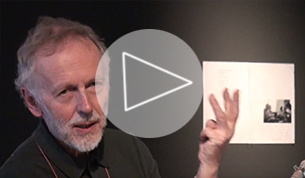 Ian Christie:
Ian Christie:
Hopes and fears: the Soviet New Wave of the 1960s -
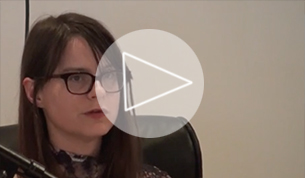 Carmen Gray:
Carmen Gray:
Andrei Tarkovsky: The Citizen Poet and the State -
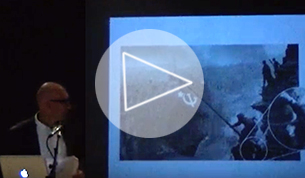 Jeremy Hicks:
Jeremy Hicks:
Reusing War Footage in Russian and Soviet Films, 1945–2015
Peripheral Visions
A Game in Hell. The Great War in Russia
-
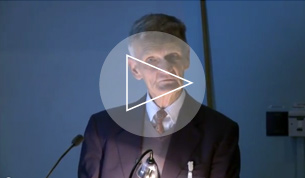 John E. Bowlt:
John E. Bowlt:
Introductory remarks -
 Elena Sudakova:
Elena Sudakova:
'Forgotten Heroes of the Great War' -
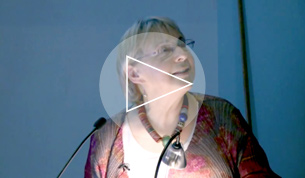 Christina Lodder:
Christina Lodder:
'A Painting Fit for Heroes: Kazimir Malevich's Reservist of the First Division' -
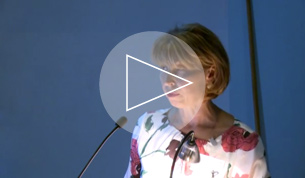 Natalia Budanova:
Natalia Budanova:
'Who Needs the Art Now?': Russian Women Artists Representing the Great War' -
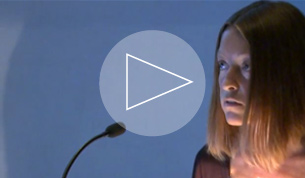 Valentina Parisi:
Valentina Parisi:
'Russian Avant-Garde Circles and the Literary Response to the Great War'
Work and Play Behind the Iron Curtain
The Shabolovka Tower Model
Kino/Film: Soviet Posters of the Silent Screen
-
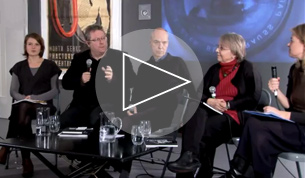 Curators and Special Guests:
Curators and Special Guests:
Panel Discussion with Exhibition -
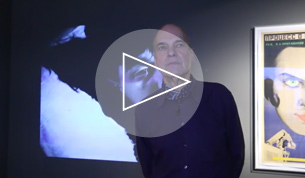 Lutz Becker:
Lutz Becker:
Curator talks: Chess Fever and The Three Million Case -
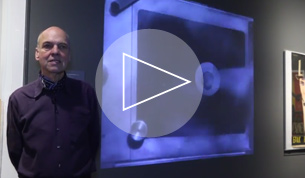 Lutz Becker:
Lutz Becker:
Curator talks: Man with a Movie Camera -
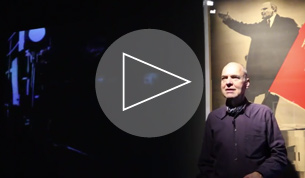 Lutz Becker:
Lutz Becker:
Curator talks: October -
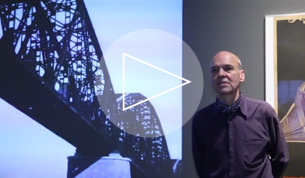 Lutz Becker:
Lutz Becker:
Curator talks: Storm Over Asia and Turksib -
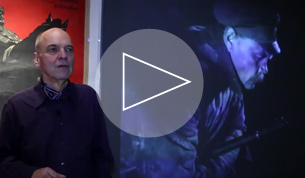 Lutz Becker:
Lutz Becker:
Curator talks: The End of St Petersburg -
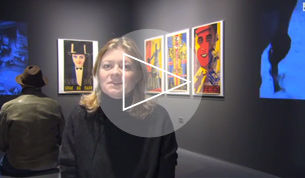 Elena Sudakova:
Elena Sudakova:
Soviet Posters of the Silent Screen
Utopia LTD
-
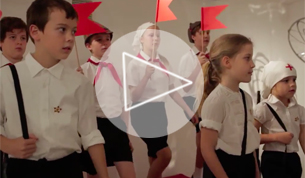 'Inside the Rainbow' Performance:
'Inside the Rainbow' Performance:
Directed by Irina Brown -
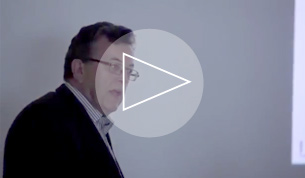 Professor John Milner:
Professor John Milner:
Seminar: 'Re-Constructivism' -
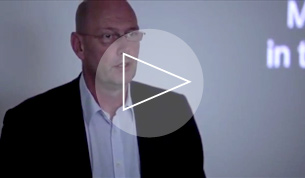 Willem Jan Renders:
Willem Jan Renders:
Seminar: 'After Lissitzky: Reconstructions at the Van Abbemuseum' -
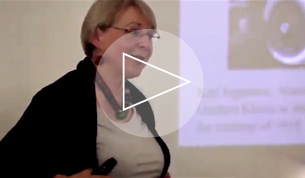 Christina Lodder:
Christina Lodder:
Seminar: 'Gustav Klucis: Transmitting Utopia' -
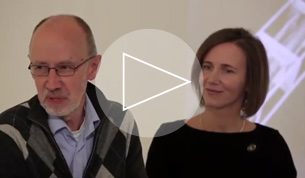 Aleksandr Shklyaruk:
Aleksandr Shklyaruk:
Seminar: 'Klucis and the Materialisation of a Futurist Idea' -
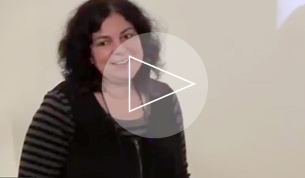 Dr. Maria Tsantsanoglou:
Dr. Maria Tsantsanoglou:
Seminar: 'Tatlin's Legend'
Listen
Superwoman: ‘Work, Build and Don’t Whine'
Unexpected Eisenstein
Bolt
A Game in Hell. The Great War in Russia
Read
Ivan Perestiani
(1870–1959)
Ivan Perestiani (Giannis Nikolas Perestianis) was a Soviet film director, scriptwriter, and actor of ethnic Greek decent born in Taganrog. Perestiani became a stage actor as early as 1886, making his stage debut at the Taganrog Theatre under the name of Ivan Nevedomov. His first foray into film came in 1916 with a role in Coachman, Don’t Flog the Horses, directed by Evgenii Bauer. Many other roles followed, and soon Perestiani became one of the best-known actors in the Khanzhonkov studio. His success on screen led Perestiani to explore new roles behind the camera, resulting in a stint of script writing and directing with commercial studios in the Crimea, Sochi and Moscow. During the Civil War Perestiani wrote scenarios for several films, the most notable of which was The Revolutionary (1917) which marked a further collaboration with director Evgenii Bauer.
In 1920 he moved to Tbilisi, Georgia and became one of the founding fathers of Soviet Georgian cinematography. A year later he produced Arsen Dzhordzhiashvili (The Murder of General Griaznov) where he appeared in the supporting role of Vorontsov-Dashkov. The film achieved critical success both in Georgia and across the Soviet Union.
Perestiani’s most famous work was the adventure series Little Red Devils (1923), based on a novel by P. A. Bliakhin. In Little Red Devils Perestiani skillfully interwove violence and zealous support for the Reds with moments of lightheartedness and humour. The series was labeled the founding point of the adventure genre in Soviet cinema and enjoyed considerable popularity both amongst critics and the public: in a 1925 survey fifty percent named Little Red Devils their favourite film.
Perestiani’s career continued its upward trajectory and during the NEP years he established himself as the most prolific popular film director. His works from this period included The Surami Fortress (1923) and Three Lives (1925). In 1928 he became a director at the Odessa Cinema Studio VUFKU, and a year later received an invitation from Armenfilm studio, where he worked until 1932, directing films such as Zamallu (1930), and Anush (1931).
He devoted the latter years of his life to acting and lecturing, and appeared in a number of Georgian films including Arsen (1937), Georgii Saakadze (1942), and David-Bek (1943). In recognition of his achievements Perestiani was awarded several orders and medals, and in the 1949 he became the recipient of the honorary title of People’s Artist of the Georgian SSR. He died in Moscow on May 14, 1959.
